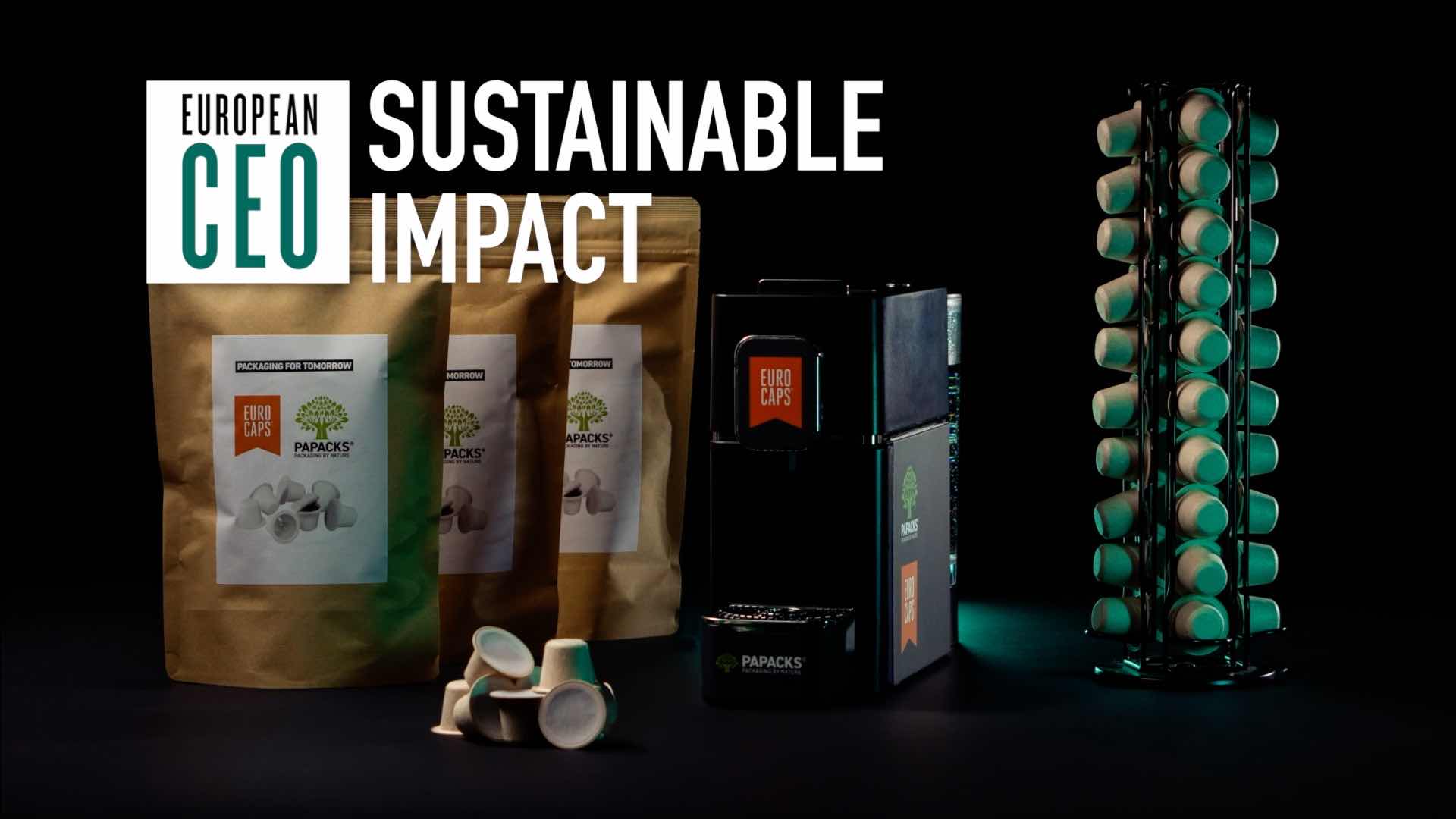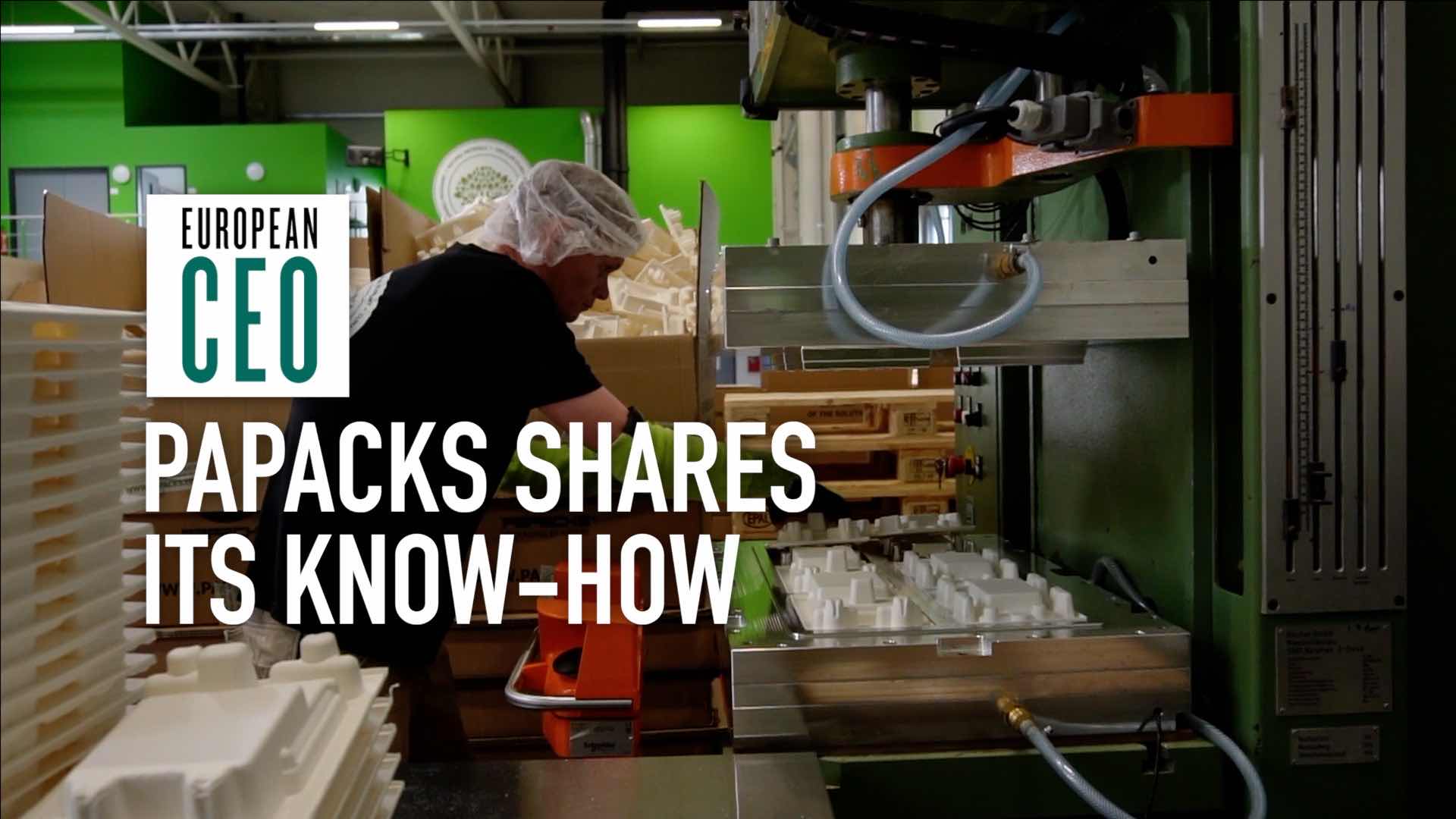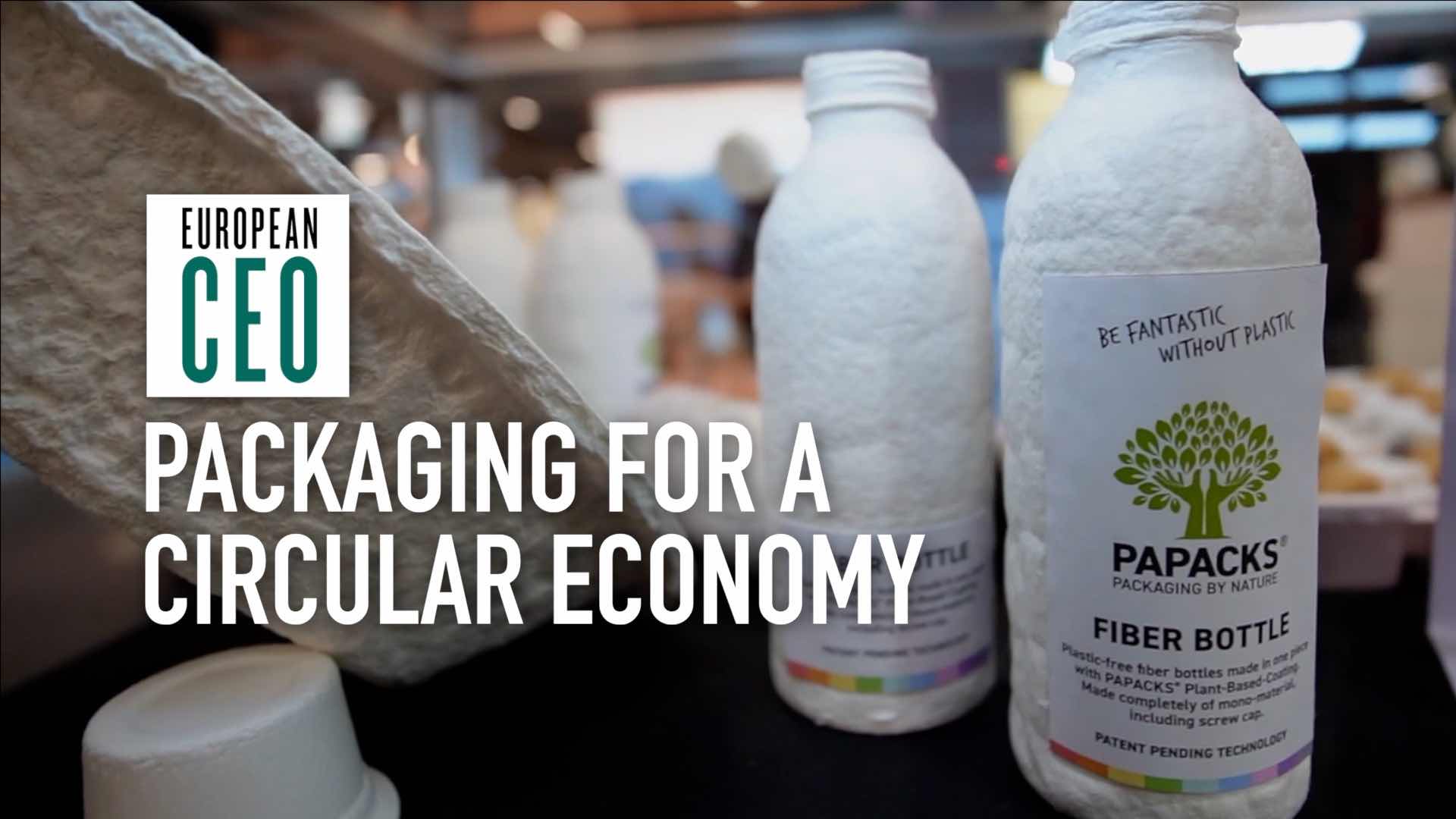Poison Apps: Bill Conner on keeping your phone secure from attacks
Silent Circle's Bill Conner explains his pioneering solution for digital privacy and security: Blackphone
Transcript
Our business and personal lives are increasingly dependent on mobile technology, and cyberattacks have grown at an alarming rate along with it. Bill Conner, CEO of Silent Circle, explains how we leave our sensitive information vulnerable by allowing, unknowingly, many comnonly-used apps access. His company’s Blackphone 2 offers a solution: “fine-grain permissions control” over every app we use, and partitions to keep our work and private lives separate.
European CEO: Privacy, security: as the world moves into the digital era, these are the two leading issues in business and beyond today. With me to discuss how to make sure you’re protected is Bill Conner from Silent Circle.
Well Bill, first off: how protected are peoples’ information and data?
Bill Conner: If you look at the attack vector, there are about five attacks every second.
People are attacking you, and what most people don’t understand is, if they want in, they’re going to get in.
The mobile phone is such a part of our world today, and a lot of people don’t even understand when they download apps what they’re agreeing to. Because it’s in fine print.
Like on Uber for example – a lot of executives use it – well on that app they can turn on your camera, they can turn on your recording. That’s the kind of thing that happens. And when you’re downloading apps, you don’t know if it’s a good app or a bad app. So that’s the new world. It’s not just the attacks that are happening on the enterprises: it’s the attacks that are happening in the mobile space, and in your own personal space, where you work and play.
One of the things we’re trying to do is, we’re trying to give employees and companies a way to protect on each app. So if you had this kind of technology, it’s not going to let you release data to someone that you didn’t want.
European CEO: And what sort of information is used without peoples’ permission?
Bill Conner: It’s absolutely amazing. One of the reasons we made our Blackphone 2 is, whether you’re an iOS or Android phone user, they don’t really have what I call fine-grain permissions control. What I mean by that – if you’re on iOS, you know: Location, yes or no; Wi-Fi, yes or no; but when you go down to specifics, you don’t know what they’re asking. It’s all or nothing. You agree to it or you can’t use it.
What our Blackphone 2 does is, it goes down app by app, and tell you everything that you’re giving permission to that application for. Whether it’s Uber, whether it’s Amazon, whether it’s any app on your phone.
What that gives you the ability to do is, deny it, allow it, or ask before you release my private information.
European CEO: Now a lot of this information when it comes to big business is extremely confidential; so why isn’t the government doing more to protect this?
Bill Conner: I don’t think the government can protect businesses. I think governments are trying to do what they can to do it. But at the end of the day, I think enterprise has to take ownership itself. Because the government’s trying to protect its own self. It can’t protect what your intellectual property is.
So I think what corporations need to do is say, what is my sensitive information? And, you know – I don’t want that out. And use the technology that’s available, whether it’s Silent Circle or someone else, to protect that intellectual property or data leakage in sensitive communications.
European CEO: I imagine a big barrier to tackling this issue is people not really realising the seriousness of it; so, how important do you think it is for businesses to really tackle this head-on, moving forward?
Bill Conner: I think businesses are spending a lot of money and time now on the defence side. What I’m now seeing though is the other side of that – where the executives I’m talking to around the world are going, I’m really worried about my communications. Whether it’s voice, whether it’s text, whether it’s email: is that secure?
And increasingly they are aware it’s not. I can tell you I travelled the world with our own technology that encrypts it end-to-end, and no government, carrier or anyone else can break into it. And if they do, our technology will give you a warning and drop the communications in process. And I’ve had that about 30 times in the last 12 months with our own technology.
European CEO: So talk me through your handset, because you’ve actually developed this to tackle privacy and security head-on. So talk me through the technology.
Bill Conner: Yeah – so it’s Blackphone 2, it’s an Android-enhanced device. In this case it’s got a random PIN that you use to get in. And then it just looks like a normal phone.
The difference with this phone is, there’s up to four virtual phones that go all the way down to the chip. So you can have Jenny the media producer and diva magnate on that – and then you can go to Jenny the private side, where you want your own applications that are separate from work. And you can have two others if you want to – one for family and friends, if you had kids, as something else: you can partition that, and have whatever apps and permissions in there.
The nice thing about that is, work can have its space, and its protections that are conformed to it. And then at each level in those spaces, at each app, you can control what information you allow them to access about you: in your private space, or in your work space.
European CEO: So do you envision this being the future of smartphones, especially in the business arena?
Bill Conner: I think it’s got to be. Increasingly we live, work, and play, and want to use just one device. I don’t want to carry around multiple devices.
But, you know: we also realise that not everyone’s going to buy one of our phones. Our application – called Silent Phone – you can buy it as a consumer obviously, but it’s geared more for enterprises. So you can put it on multiple devices, and you can talk anywhere in the world, without roaming charges, and know it’s end-to-end secure.
European CEO: So finally, tech obviously evolves very rapidly; so what sort of future innovations do you have in the works?
Bill Conner: The fun thing about being in this business is, every time you think you’ve got it, it’s kind of like, now it’s working, now it’s not.
We’ve been very fortunate to not have been breached at this point. But we have an open-source platform. We want people to just try to find holes, try to find areas… we pay them to find potential vulnerabilities. Because if they can find it, we’ll fix it. We’ll fix it in 72 hours if someone finds one. And we’ll recognise them to do it.


 Papacks CEO: ‘Working with sustainable impact makes people happy’
Papacks CEO: ‘Working with sustainable impact makes people happy’ Papacks goes global by sharing molded fiber technology in licence model
Papacks goes global by sharing molded fiber technology in licence model Think circularity: Molded fiber is the sustainable future of packaging
Think circularity: Molded fiber is the sustainable future of packaging